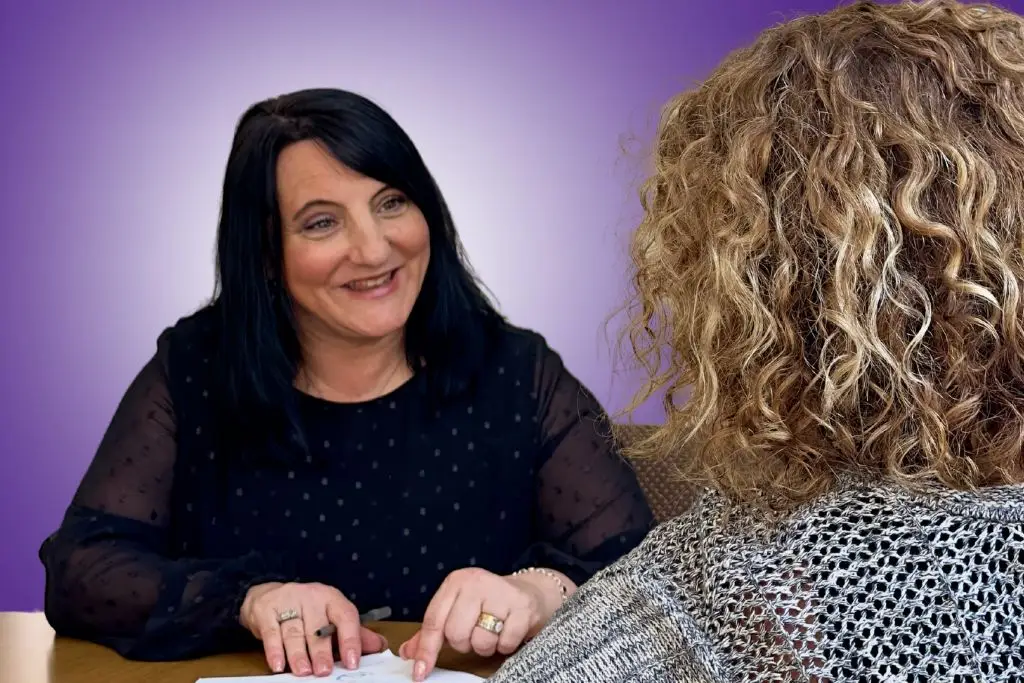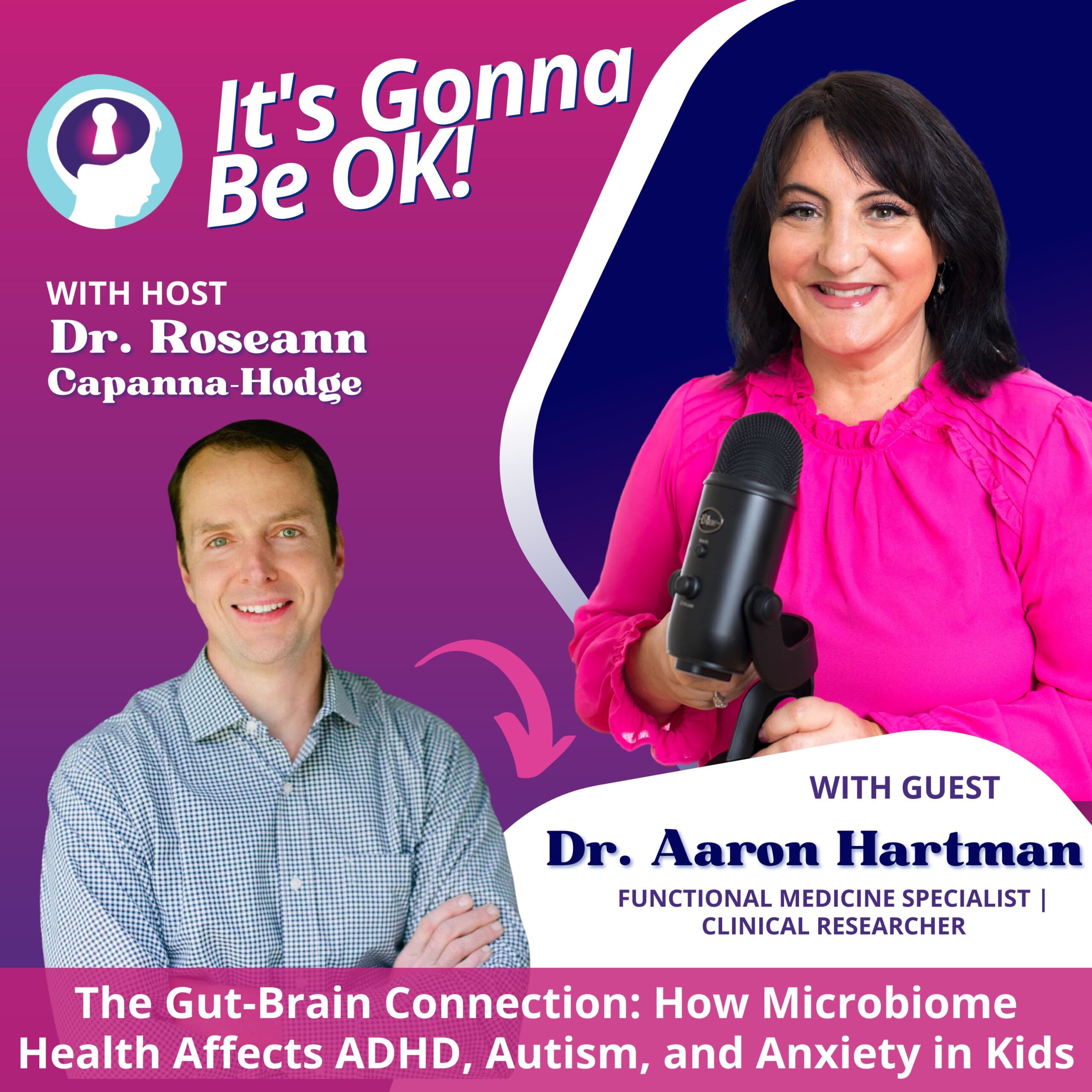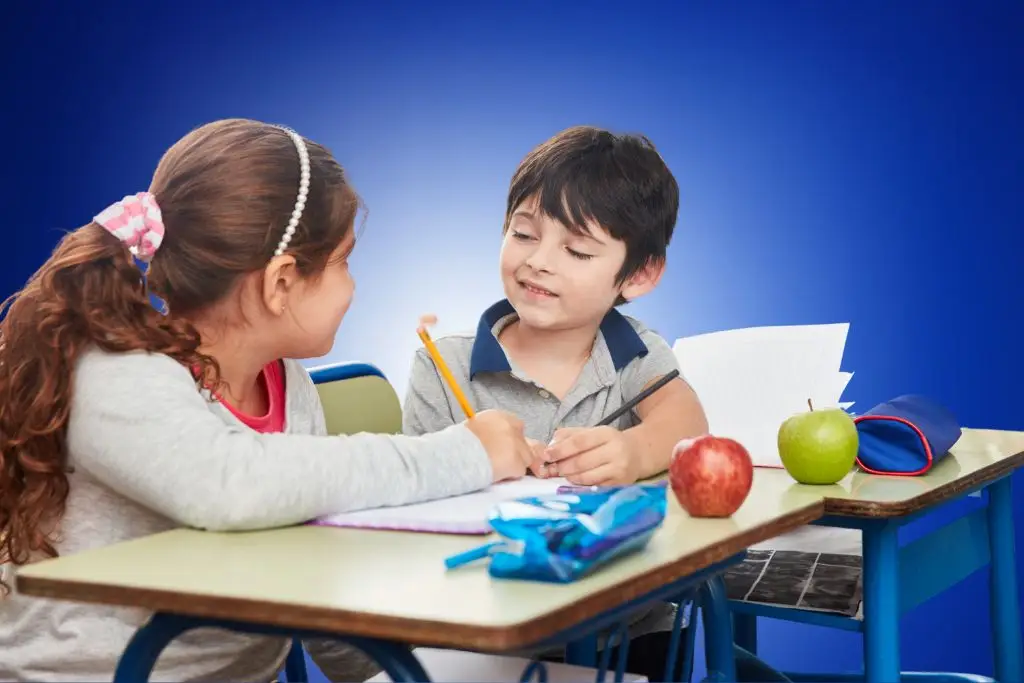We live in a world where school refusal is on the rise, and it is typically associated with school and social anxiety in general. There are several factors contributing to its increasing prevalence.
Today, we'll dive more into the reasons behind our child's school refusal and learn more about why your child is so anxious about going to school the next day.
School refusal is on the rise
Nowadays, kids have things put upon them outside of developmental norms as we live in a world wherein people are expected to be perfect when in fact, they're not. So, more often than not, anxiety develops.
While it may be difficult to determine the root cause of the rise in school anxiety, there are several factors that may be considered that contribute to the increasing prevalence of school refusal.
Often, there is a lot of pressure put upon students to perform well academically. Parents want their children to achieve high grades. The same pressure may also come from other people like teachers and even students themselves, which can terribly lead to feelings of anxiety and stress. We have to remember that grades are not a benchmark of mental health.
As much as the rise of technology and social media has led to increased connectivity, it has also created new pressures and sources of anxiety for students.
Additionally, your child's home environment can also contribute to school anxiety. If your child is experiencing stress or conflict at home, they may be more likely to feel anxious at school as well.
Social anxiety is often common in younger kids
Social anxiety is a mental health condition that affects people of all ages and, more particularly, children. Social anxiety in children can manifest in various ways, including fear of speaking in public, fear of being embarrassed or humiliated in front of others, and difficulty making friends.
Children with social anxiety may avoid social situations, experience physical symptoms such as stomachaches or headaches, and struggle with academics or other activities that involve interacting with peers.
If you suspect that your child may be experiencing social anxiety, it is important to seek professional help. A mental health professional, such as a psychologist or psychiatrist, can provide a diagnosis and recommend the appropriate treatment. Early intervention can help children develop healthy coping strategies and build social skills, improving their overall quality of life.
What are some of the things you need to look for about school anxiety?
When your child has a clinical condition like obsessive-compulsive disorder, he or she is at a higher risk for school refusal. That's why it's necessary for you to monitor your child's behavior more closely if you suspect that he or she is experiencing school anxiety or at least exhibiting symptoms.
Children with school anxiety may have difficulty getting ready for school in the morning and may express reluctance to go to school. Sometimes, they'd rather miss their classes as they claim to be sick.
When your child is having difficulty making and keeping friends, make sure to check on them to prevent them from being socially isolated as a consequence of their school anxiety. This may also cause his or her academic performance to decline, as your child may also have difficulty focusing on their school work and activities.
School refusal is the first warning sign of school anxiety.
School can be a social environment, and students may feel pressure to fit in with their peers or be accepted by their classmates. This pressure can lead to social anxiety and fear of rejection.
These kids tend to have problems with attention and learning. They may also have difficulty sleeping, experience changes in appetite, or exhibit irritability or mood swings.
It is also important to note that school refusal can also be caused by other factors, such as bullying, academic difficulties, or family problems. And if you think that your child is experiencing school anxiety, it's best to talk and seek help from a mental health professional.
No matter where you are in your journey, we have resources to help you:
Links and Resources:
➡️ Join our FREE Natural Parenting Community to receive science-backed resources for your child and family. Join here.
➡️ Get help from Dr. Roseann and her team. Apply here.
➡️ “Is it ADHD or something else?” Take the quiz.












